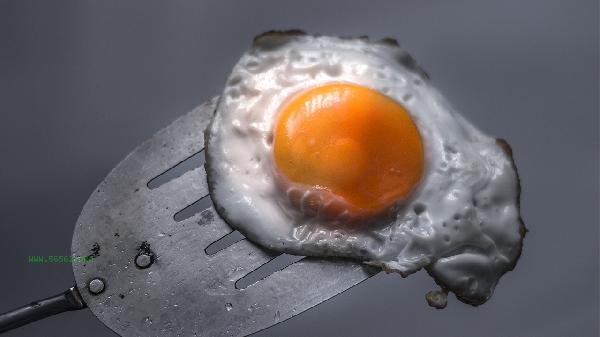Electric kettles can boil eggs, but there are safety hazards and the effect is not good. Electric kettles are designed for boiling water, and boiling eggs may cause scale buildup, uneven heating, or damage to equipment. The heating principle of an electric kettle is to quickly heat water to boiling through the bottom electric heating tube, but eggs need to be continuously heated in boiling water to solidify. The inner space of a regular electric kettle is limited, and eggs may block the water outlet or hit the inner wall. Long term use can accelerate the formation of scale. Some electric kettles have temperature control protection function, which automatically shuts off when non liquid heating is detected, causing the eggs to be unable to be cooked. Stainless steel inner pot electric kettles may also have scratches caused by egg collisions, affecting their service life. If using an electric kettle to boil eggs, it is necessary to choose a specific model with egg boiling function, which is usually equipped with a dedicated egg rack and temperature adjustment device. When traditional electric kettles forcefully boil eggs, there may be problems such as cracked eggshells contaminating the inner pot, protein overflow blocking the pores, and so on. The bubbles generated during the egg boiling process can interfere with the temperature control sensor and may trigger dry burning protection. Some users have attempted to wrap eggs in plastic wrap and heat them separately, but there is a risk of harmful substances being released from the plastic at high temperatures.

It is recommended to use specialized egg boilers or traditional cookware to cook eggs, which can ensure food safety and extend the lifespan of electrical appliances. Healthy cooking methods such as boiled eggs and steamed eggs can be chosen in daily diet. It is important to heat the eggs thoroughly until the yolk solidifies to avoid contamination with Salmonella. After using an electric kettle, the scale should be cleaned in a timely manner, and the condition of the heating element should be checked regularly to ensure safe drinking water.











Comments (0)
Leave a Comment
No comments yet
Be the first to share your thoughts!